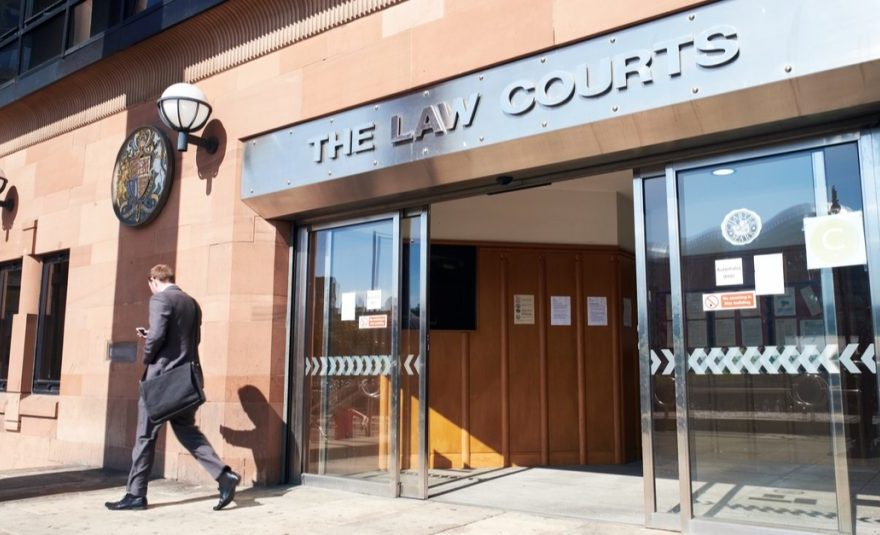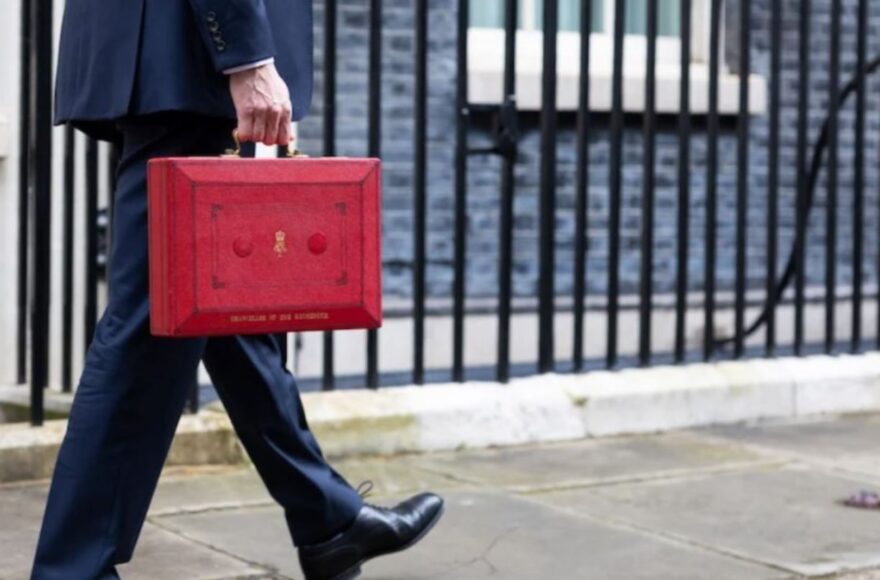7 Tips for protecting your finances after winning the lottery!

There is saying that suggests you actually need at least £5 million to live like a millionaire!
As a reality check – an investment pot of £1 million should give you about £50,000 per year before tax or around £36,000 per year after tax (depending on how it is held). So helicopters and castles in Spain would still be far out of reach!
Having advised a handful of lottery winners, I’ve written the following article as my advice to someone who is lucky enough to match all the winning numbers!
1. Do not agree to publicity
After winning a large amount of money on the lottery, the first question you will be asked is whether you wish to remain anonymous. One of my clients decided to waive anonymity while the others decided they didn’t want to broadcast their new found fortune to the world. The ‘publicity client’ found they were contacted through social media by friends, relatives and even old school friends came out of the woodwork! This client felt they had become a target and in even experienced being on the receiving end of some scary behaviour. Needless to say, this client regretted agreeing to publicity. The clients that remained anonymous found that they had to construct a ‘cover story’ to explain their sudden change in lifestyle. If you are adamant that you want the publicity, my advice would be to never share the precise amount you received from your lottery win.
2. Your own bank will suddenly become your best friend – seek independent financial advice
Banks have systems in place to monitor when there is a large injection of funds into your account. This will trigger a process whereby you will almost immediately receive a sales call from the bank offering you their services. The bank is most likely to offer you their own financial products and services and so these products will not be ‘whole of market’ and the advice will not be independent. You will likely be offered a ‘financial heath check’. My advice is to politely decline this until you have spoken to a fully independent, whole of market financial planner/adviser.
3. Protect your capital
Banks are covered by the Financial Services Compensation scheme (FSCS) for amounts up to £85,000 *. This means if your bank goes bust you will only be covered up to this limit for each banking institution. I recommend spreading your funds between different banks with different banking licences because each will have their own protection under the FSCS. One of the safest places to put your capital is the National Savings and Investments (NS&I) because this is backed by the UK Government. Even keeping your money in the bank comes with risks as the fund will be eroded by inflation. This is because the rate of interest you receive is less than the rate of inflation, so the real value of your money will be reducing. Capital should therefore be invested with an aim to at least beat the inflation rate to prevent the real value of your money reducing.
4. Get away from it all and take stock
Emotions will be running high – I believe you should never make a decision when you are feeling emotional. My clients found it useful to get away from it all and take a holiday. While away they were able to think things through clearly and in a peaceful environment. It was at this time they began to think about their plans for the future so when they returned they had a better idea of what was important to them and what their next steps should be.
5. Meet with an independent financial planner
There is a spectrum of different types of financial advisers out there and it’s important to find the right one for you and your circumstances. I believe the first requirement is that the adviser should be independent and not tied to any particular investment company. The adviser should have access to all providers in the market and not just a selection or panel. Ideally the adviser should be a ‘financial planner’ rather than an IFA. This means that the adviser should not be driven by the aim of selling products but rather by making sure that the client’s objectives are met. This can sometimes be achieved by ‘moving round’ or ‘upgrading’ existing investments. I believe a key requirement is that your adviser uses financial planning software. This software can visually show you what will happen to your finances over the years based on agreed assumptions. Your current financial position is inputted and your financial objectives are layered over this and projected into the future. The software then displays whether you are currently on track to achieve your objectives. Your financial planner will make recommendations as to how you can meet your objectives in the most tax efficient way that fits with your unique circumstances and attitude to risk. You can also view the effect of different scenarios such as retiring early, helping your children financially or buying a retirement property. You can see how these different decisions will impact on your cash flow now and for the rest of your life.
6. Review your will
With large sums now forming part of your estate it is important to make sure that your will reflects your current wishes. The increase in the value of the estate is also likely to create a significant Inheritance Tax (IHT) liability on death. Subject to allowances and exemptions the value of the estate will be subject to a 40% rate of tax. This could mean that the tax man receives more than the beneficiaries. The estimated value of IHT can be calculated by your financial planner and they can make recommendations on how to help mitigate the liability.
7. Set up a lasting power of attorney.
A power of attorney (POA) is a document that gives someone you trust the legal authority to make decisions on your behalf if you lose mental capacity at some point in the future, or if you no longer want to make decisions for yourself. This can give authority for financial decisions and for health and care decisions. The POA can be set up at the same time as a will.
Other things to think about:
If you choose to move to a bigger home you may need to consider and budget for all the extra costs a bigger property brings such as utilities and cleaning, the costs of which may come as a surprise.
If you are providing gifts to friends and family structuring this in the most appropriate way can be complicated, especially if you want to provide them with an income, rather than a lump sum.
Also gifting to children will require the use of trusts when gifts of property are involved. Importantly, although the winning sum is tax free, any subsequent income made from it is taxable. Suddenly, somebody who might only ever have paid tax via PAYE is facing a more complex tax bill.
Finally, whatever you do, don’t go on a multi-million bender like Michael Carroll. Having won £9.7 million when he was only 19, the former bin man blew through his entire fortune on wild parties. Today he works in a biscuit factory in Scotland.
*https://www.fscs.org.uk/what-we-cover/
The value of your investments can fall as well as rise and you may not get back the full amount invested. The past is not a guide to future performance and past performance may not necessarily be repeated.
What you get back at retirement cannot be guaranteed and will depend on how much you pay in, investment performance and interest rates when you retire.
Wealthwise Financial Solutions Limited is authorised and regulated by the Financial Conduct Authority. The Financial Conduct Authority does not regulate taxation and trust advice.




